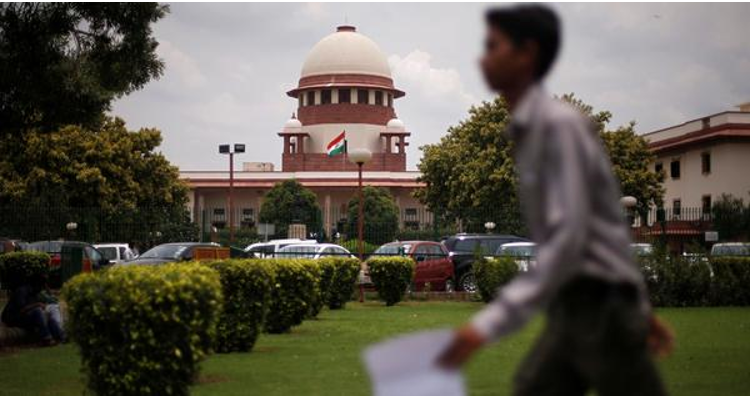Undoing 'waqf by user' will have huge consequences: Supreme Court's big remarks
18-Apr-2025.

The Supreme Court on Apr 16 flagged concerns about the Waqf (Amendment) Act revoking the practice of 'waqf by user' as it heard challenges to the newly implemented law.
Denotifying waqf by user would have "huge consequences", a three-judge bench headed by Chief Justice Sanjeev Khanna said as it stopped short of passing interim orders on the matter. The court said it will continue hearing the matter on Apr 17.
The comments from the court came as it began hearing 73 petitions that have challenged the validity of the new Waqf (Amendment) Act that was recently passed by Parliament. One of the crucial challenges, and the one that dominated the hearing on Wednesday, is to do with the new law denotifying the practice of 'waqf by user', which essentially classifies property as waqf if it has been used for Islamic religious purposes for a long time.
Seeking clarification from the Centre over the removal of 'waqf by user' provision, the bench said that most mosques built between the 14th to 16th centuries won't have sale deeds.
"You still haven't answered the question. 'Waqf by user' will be declared or not? That will be undoing something that's been established. How will you register in the case of 'waqf by user'? You can’t say there will be no genuine," the bench said.
It flagged the provision to include non-Muslims on waqf boards and Central Waqf Council and asked the Centre if it would allow Muslims to be part of Hindu endowment boards.
The bench said that the condition of the Waqf (Amendment) Act, as per which a Waqf property will not be treated as a Waqf while the collector is conducting an inquiry into whether the property is government land, will not be given effect.







